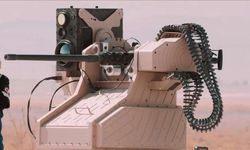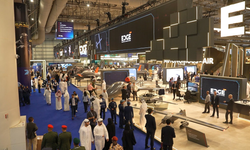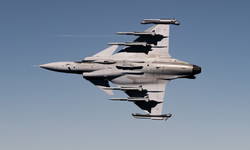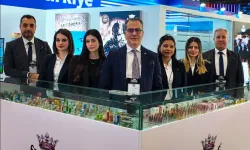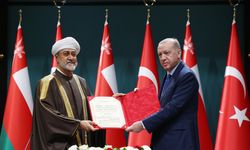Leonardo, in collaboration with the Royal Navy and the UK Ministry of Defence’s Defence Equipment and Support (DE&S) Future Capability Innovation (FCI) team, has unveiled the design of the Proteus technology demonstrator. This groundbreaking uncrewed rotorcraft is set to revolutionize maritime aviation through advancements in autonomy, modularity, and cutting-edge rotorcraft technologies.
A Vision for Maritime Aviation Transformation
Proteus, a three-tonne uncrewed rotorcraft, aligns with the Royal Navy’s Maritime Aviation Transformation (MATx) strategy, which focuses on evolving maritime aviation capabilities through 2040. The aircraft will serve as a platform to demonstrate advanced technologies, including modular payloads and autonomous systems, while supporting missions such as anti-submarine warfare and building operational mass at sea.
Innovative Design and Development
The design of Proteus integrates components from across Leonardo’s helicopter portfolio to reduce costs and accelerate development. A key feature is its modular payload bay, allowing mission-specific payloads to be swapped easily. This flexibility enables commanders to adapt the aircraft for various roles, from fuel optimization to enhanced payload capabilities, ensuring operational efficiency and cost-effectiveness.
Leonardo has employed advanced digital design techniques in the development of Proteus, including a digital twin for synthetic testing, over 40 components made from advanced composite materials, and Artificial Intelligence (AI) integrated into its control software.
Digital Innovation and Manufacturing Advancements
Proteus is a showcase of Leonardo’s commitment to digital transformation. The use of a digital twin allows for virtual testing and capability validation, reducing costs and accelerating development timelines compared to traditional methods. Additionally, Leonardo is leveraging 3D printing and low-temperature cure composite materials to streamline production, enhance sustainability, and improve resilience within its supply chain.
Collaboration and Agile Methodology
The €71M (£60M) project has adopted an Agile approach, emphasizing collaboration between Leonardo, DE&S, and the Royal Navy. This iterative methodology has enabled the project to progress swiftly, with the first flight of Proteus scheduled for mid-2025, just three years after the initial contract award in June 2022.
A Future of Autonomous Rotorcraft
The Proteus programme aims to validate the feasibility of large uncrewed air systems (UAS) in maritime environments. The aircraft will serve as a test bed for developing autonomous flight control algorithms and other transformative technologies. Once proven, these innovations are expected to reduce through-life costs, improve operational flexibility, and enhance the sustainability of rotorcraft operations.
Leonardo’s development roadmap for Proteus reflects its commitment to pioneering autonomous rotorcraft technologies while fostering closer collaboration with its customers and end users.
Related news:
Leonardo and UK MOD’s flexible approach enhances future uncrewed capabilities📌 Leonardo (@LDO_Helicopters) has unveiled the design of Proteus, an uncrewed rotorcraft, aimed at advancing autonomy and modular payloads in maritime operations.
📎 https://t.co/5YjNCPw8Pi pic.twitter.com/QoKT8vaNCU — Defensehere (@defensehere_en) January 8, 2025

